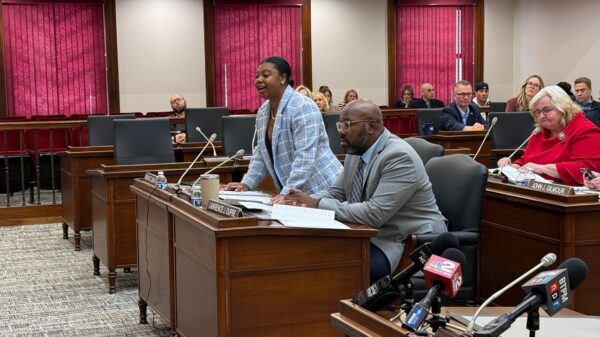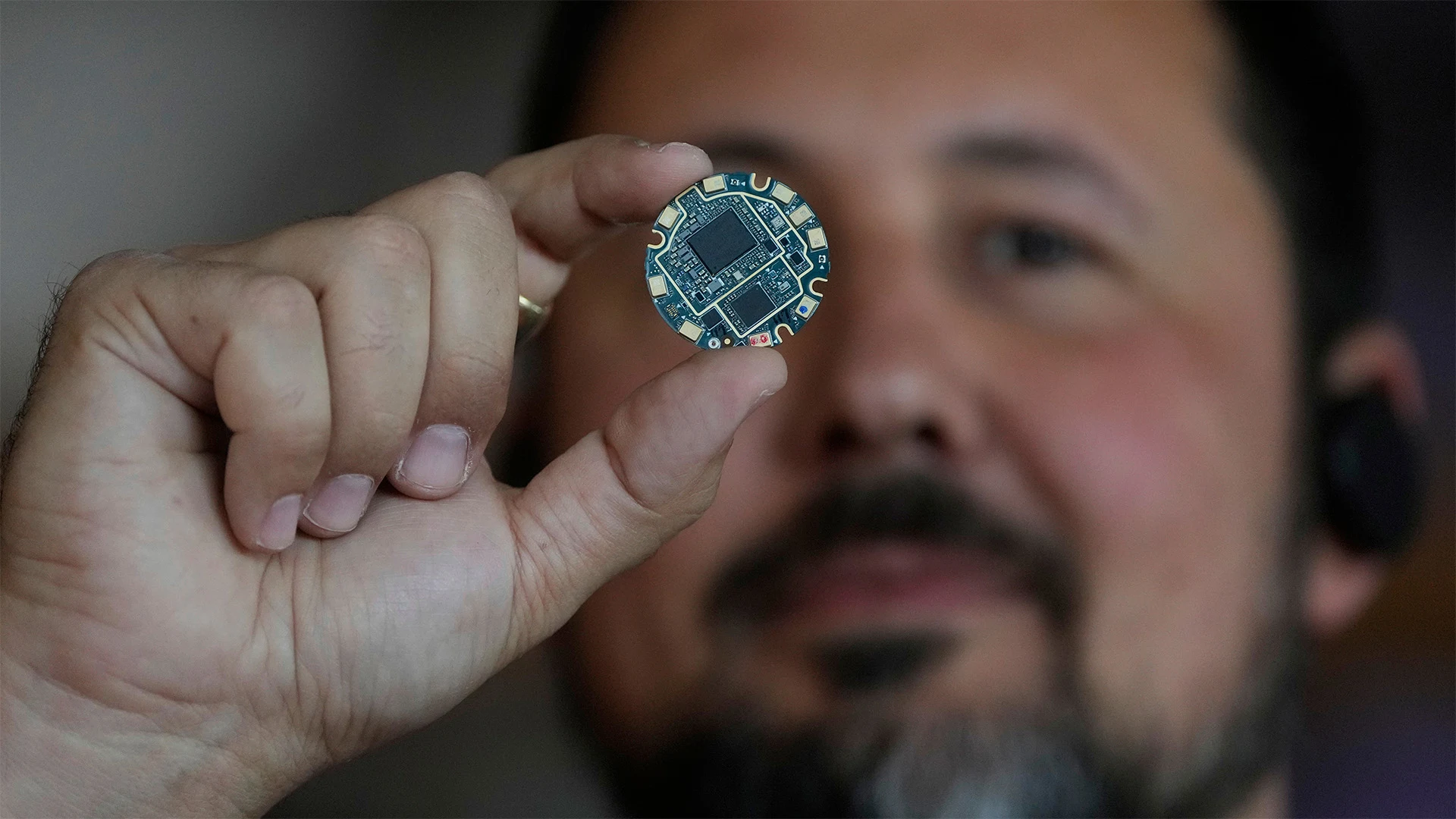An AI device startup, known for its recent lawsuits against both OpenAI and renowned designer Jony Ive, has initiated legal proceedings against a former employee. This lawsuit raises significant questions about the company’s future and the ongoing evolution of user interactions with AI assistants such as ChatGPT.
The startup, based in California, claims that the former employee violated confidentiality agreements and misappropriated proprietary information. According to court documents filed on March 5, 2024, the company seeks damages that could amount to millions of dollars, asserting that the actions of the ex-employee not only jeopardize its business model but also threaten the integrity of its technological innovations.
This legal action follows the startup’s earlier disputes with OpenAI and Jony Ive, bringing to light a contentious atmosphere within the rapidly evolving AI sector. The lawsuits against these high-profile figures have attracted considerable media attention and investor interest, highlighting the competitive nature of the industry.
As AI technology becomes increasingly integral to daily life, the way users communicate with such systems is crucial. The startup’s ongoing legal challenges may influence how AI tools are developed and perceived. If the company can successfully defend its intellectual property rights, it may set a precedent for other startups in the field.
The implications of this case extend beyond the immediate parties involved. If the startup prevails, it could reinforce the importance of protecting proprietary information in the tech sector, encouraging companies to be more vigilant in safeguarding their innovations. Conversely, a loss could embolden former employees to exploit valuable knowledge without fear of significant legal repercussions.
In a statement, the startup emphasized its commitment to innovation and user privacy, stating, “Our technology is built on trust, and we will vigorously protect our interests.” This sentiment underscores the stakes involved, as the outcome may not only affect the startup’s viability but also the broader landscape of AI communication tools.
As the case progresses through the legal system, industry observers and competitors alike will be watching closely. The resolution of this dispute may shape the future of AI interactions and influence how companies navigate intellectual property challenges in a landscape characterized by rapid technological advancement.
In summary, the AI device startup’s lawsuit against its former employee adds another layer to an already complex narrative involving significant players in the tech industry. With millions of dollars at stake and the future of user interaction with AI on the line, the implications of this legal battle are far-reaching.





































































